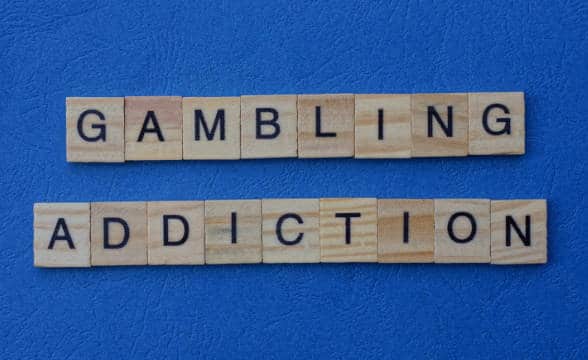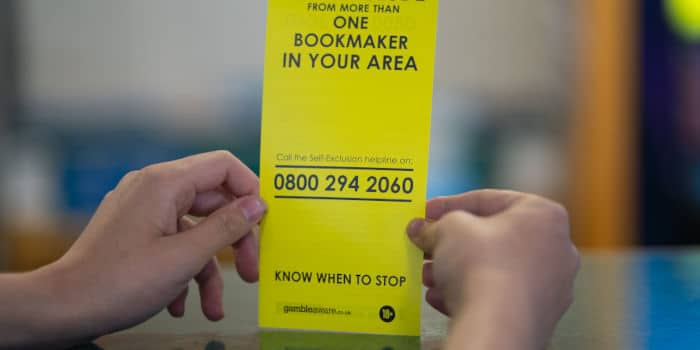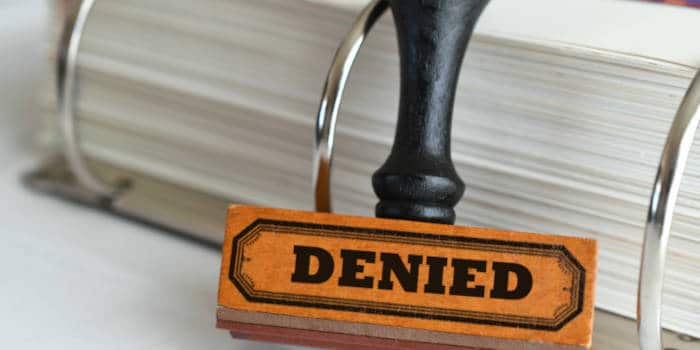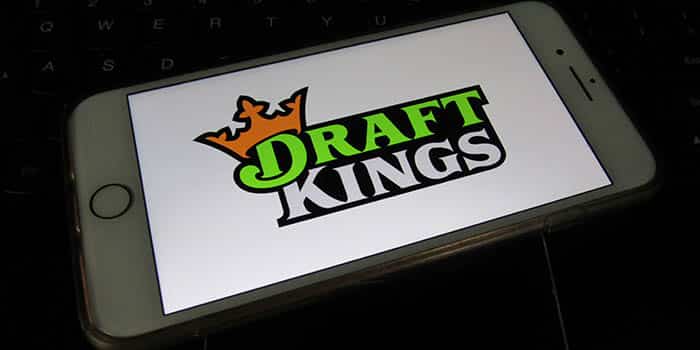- Casino
- By State
- Alabama
- Alaska
- Arizona
- Arkansas
- California
- Colorado
- Connecticut
- Delaware
- Georgia
- Florida
- Hawaii
- Idaho
- Illinois
- Indiana
- Iowa
- Kansas
- Kentucky
- Louisiana
- Maine
- Massachusetts
- Maryland
- Michigan
- Minnesota
- Mississippi
- Missouri
- Montana
- Nebraska
- Nevada
- New Hampshire
- New Jersey
- New Mexico
- New York
- North Carolina
- North Dakota
- Ohio
- Oklahoma
- Oregon
- Pennsylvania
- Rhode Island
- South Carolina
- South Dakota
- Tennessee
- Texas
- Utah
- Vermont
- Virginia
- Washington
- West Virginia
- Wisconsin
- Wyoming
- By State
- Slots
- Poker
- Sports
- Esports
Gambler Who Took Own Life Was Bombarded with Gambling Ads

Gambling companies can definitely do better to regulate and take notice of vulnerable and at-risk consumers. This is the lesson most British operators can learn from the tragedy of Ryan Myers from Huyton, Lancashire, who took his own life over excessive gambling.
Young and Loved Man Takes Own Life Because of Gambling
The 27-year-old was engaged and loved, but the toll of problem gambling finally pushed him into the unthinkable. Myers posted on Facebook that he was sorry about letting everyone down before taking his own life.
This is just one of the hundreds of similar incidents that happen across the United Kingdom with gambling addicts struggling to overcome the disease and incurring serious financial debt that makes them consider suicide. But if this is terrible, what followed in the days and weeks after the young man’s death is equally horrifying.
Myers’ father, John, said that he was heartbroken. He soon after discovered the severity of his son’s betting and gambling addiction and went through the young man’s emails and social media accounts to find out just how bad it got. What John discovered was hurtful, as gambling companies had been foisting promotional offers on his son incessantly– both before and after the man passed away.
John was angry to see how gambling companies continued to push their promotional bets and notifications, deluging the accounts with promotional materials. He is right to be angry, as the industry continues to rely exclusively on 5% of the gamblers to generate 60% of its total revenue. The UK gambling market alone is worth around £14.2 billion ($17.99 billion).
No Way to Quit, No Way to Hide
But that is not a problem. The underlying issue, John, said is that while he didn’t know how deep his son was, he knew about his problem. When speaking with him in the months prior to his death, Ryan would confide in his father that it was “impossible for him to get away,” referring to the excess of gambling advertisement that was targeting him. John added:
Because every time, he would get texts or emails, he would go out and it would be on the streets, it would be in adverts, in the paper, on the TV. He just couldn’t get away from it. And that’s what like, they’re predatory.
John Myers
He was confident that one of the main issues with gambling in the UK was that it was seen as “normal” and part of “everyday life.” John blasted gambling companies for showering consumers with bonuses and grooming them to become active gamblers, generating net profit for themselves.
He is correct. There are more than 400 suicides annually in the United Kingdom caused by gambling. This is precisely what anti-gambling advocates have been warning about, whether through appeals to introduce the White Paper sooner so that the industry may be overhauled or by reducing the exposure of gambling advertisements, such as through sports betting partnerships with soccer clubs.
Ryan’s tragedy is just one of hundreds, but it underlies the immense issue that the industry faces – targeting vulnerable gamblers whether intentionally or as “collateral damage.” Either way, it would not matter, as there are other people such as Ryan who need help, and the industry and lawmakers will have to figure it out – quickly.
Although Fiona doesn't have a long-spanning background within the gambling industry, she is an incredibly skilled journalist who has built a strong interest in the constantly growing iGaming network. The team at Gambling News is glad to have her on our roster to help deliver the best stories as soon as they hit. Aside from writing, she loves to dabble in online casino games such as slots and roulette, both for her own enjoyment and also as research to better improve her understanding of the industry.
More Articles





Sports
July 15, 2025
Undercover Spotters Catch Wimbledon Betting Spies

Industry
July 15, 2025
UK Considers Gambling Tax Hike to Fill Budget Gap

Casino
July 15, 2025
Uno Is Coming for Casinos in the United States

Industry
July 14, 2025
GambleAware Launches Milestone Self-Awareness App













